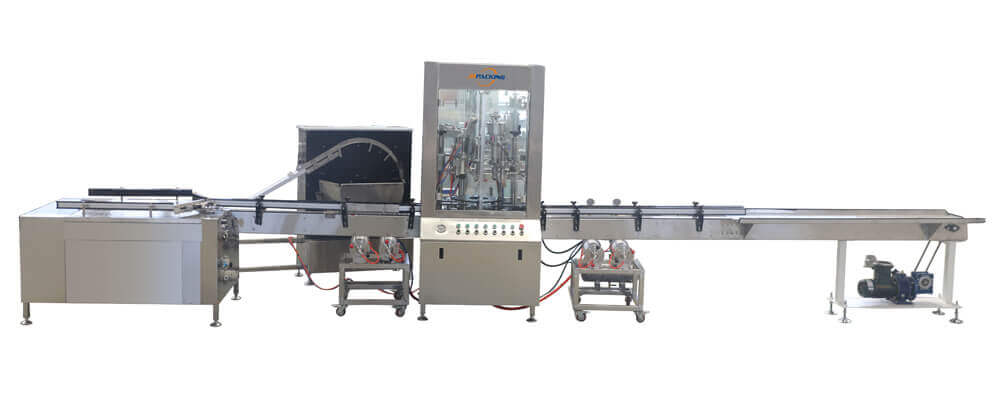Packaging machines play a pivotal role in modern production systems by facilitating efficient and streamlined operations. One of their key advantages lies in their ability to seamlessly integrate with existing production systems, enhancing overall productivity and ensuring smoother workflow management.
Compatibility and Integration
Integration of packaging machines with existing production systems hinges on their compatibility with various manufacturing processes and equipment. Modern packaging machines are designed with versatile interfaces and protocols that allow them to connect and communicate effectively with different types of production machinery. Whether it is in the food and beverage industry, pharmaceuticals, or consumer goods, these machines can be customized to meet specific production line requirements, ensuring a harmonious integration without disrupting ongoing operations.
Automation and Efficiency
Automation is a cornerstone of packaging machinery integration. These machines are equipped with advanced control systems that enable automated operation, minimizing manual intervention and optimizing production efficiency. By automating tasks such as filling, sealing, labeling, and palletizing, they not only speed up the packaging process but also reduce errors and ensure consistent output quality. This automation is seamlessly integrated into existing production lines, complementing the workflow without necessitating significant structural changes.

Flexibility and Adaptability
Another key feature of primary packaging material is flexibility and adaptability. They can be configured to handle various package sizes, shapes, and materials, accommodating the diverse needs of different products within the same production line. This adaptability ensures that the integration process is smooth and allows for quick adjustments to changing production demands or new product introductions. Manufacturers can thus maintain operational continuity while leveraging the versatility of these machines to meet market demands effectively.
Data Integration and Monitoring
Integration goes beyond physical compatibility it extends to data integration and monitoring capabilities. Packaging machines are often equipped with sensors and data collection systems that gather real-time information on production metrics such as output rates, quality control parameters, and machine performance. This data can be seamlessly integrated into existing production management systems, providing operators and managers with valuable insights for decision-making, process optimization, and predictive maintenance.
Scalability and Future-Proofing
Incorporating packaging machines into existing production systems also supports scalability and future-proofing strategies. As businesses grow and production volumes increase, these machines can scale accordingly, either through modular expansions or upgrades in capacity and capabilities. Their modular design and compatibility with industry standards ensure that they can evolve alongside technological advancements and market dynamics, thereby safeguarding long-term investments in production infrastructure and see this site www.levapack.com.
Packaging machines are not just standalone equipment they are integral components that enhance the efficiency, flexibility, and competitiveness of modern production systems. Through seamless integration with existing manufacturing processes, these machines empower businesses to optimize operations, meet consumer demands effectively, and drive sustainable growth. As technology continues to advance, the role of packaging machines in facilitating integration and innovation within production systems will only become more pronounced, solidifying their status as indispensable assets in the industrial landscape.

